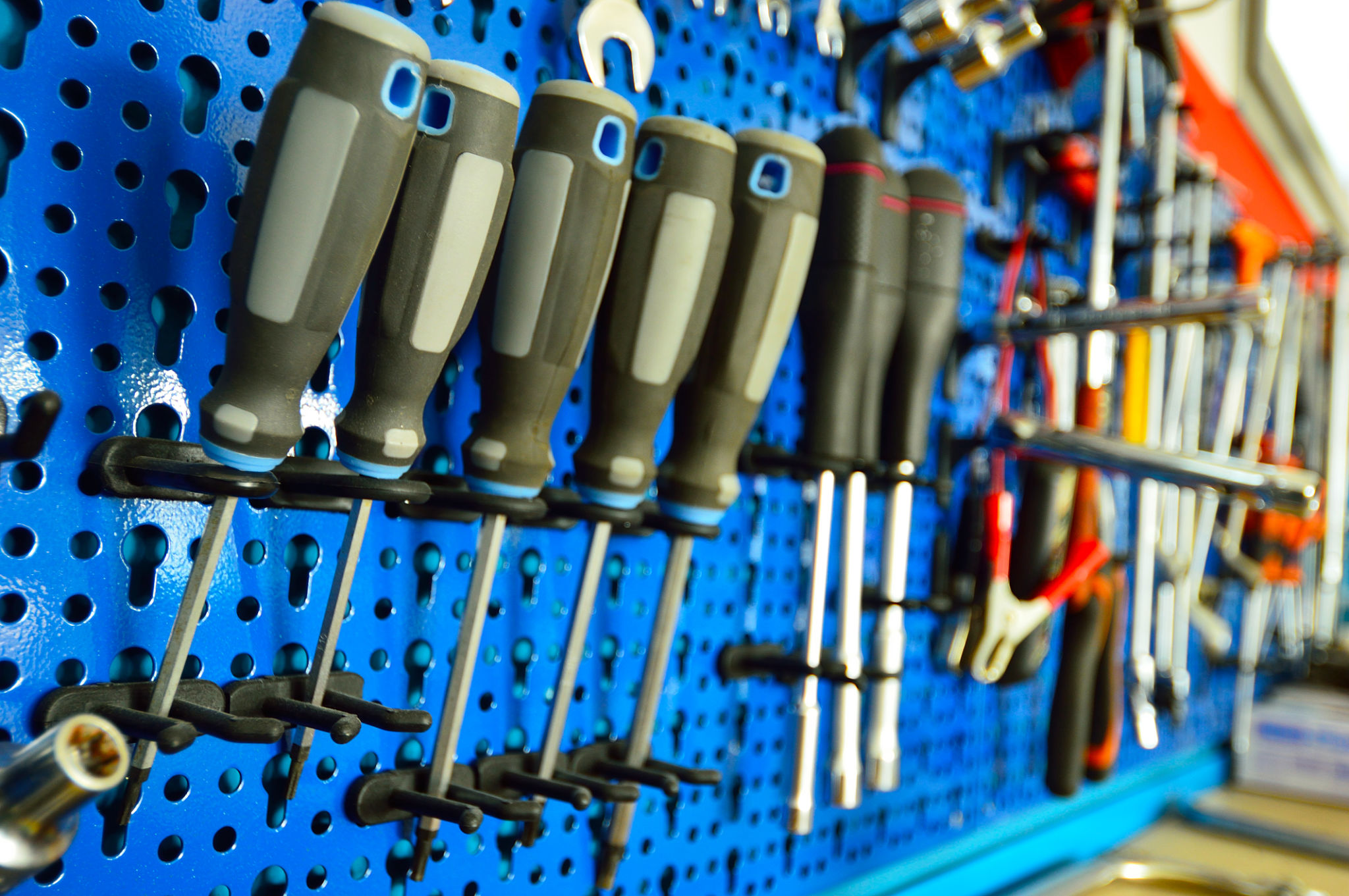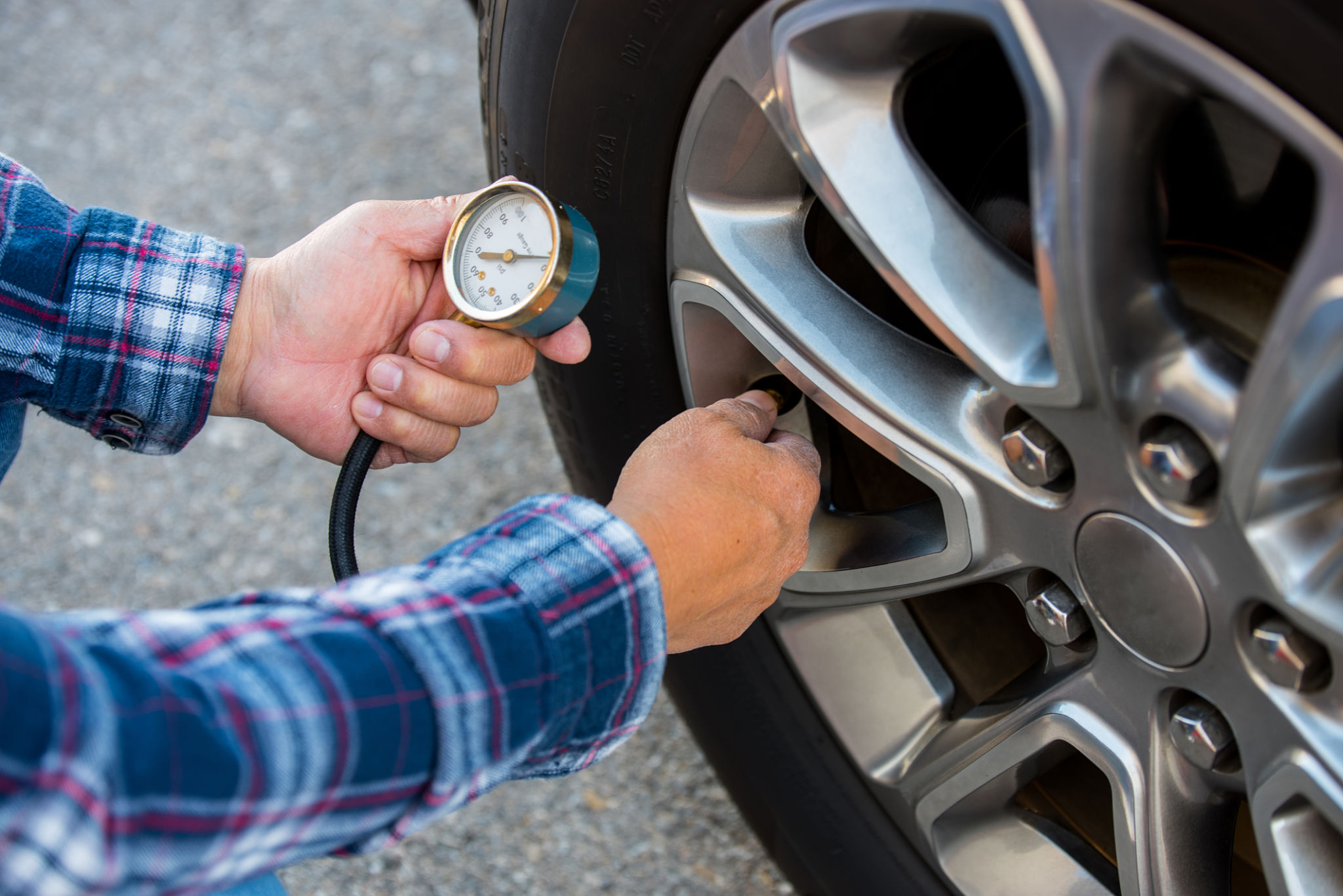DIY Car Maintenance: When to Do It Yourself and When to Call Professionals
Introduction to DIY Car Maintenance
Maintaining your car can be both a rewarding and cost-effective endeavor. With a little know-how, many people can perform basic maintenance tasks themselves, saving money and gaining a better understanding of their vehicle. However, it's crucial to recognize when a task is too complex or risky, and calling in a professional is the best decision. This guide will help you navigate the balance between doing it yourself and seeking professional assistance.

Basic Maintenance Tasks You Can Do Yourself
Check and Change Oil
One of the simplest and most important tasks to keep your car running smoothly is checking and changing the oil. Regular oil changes prolong engine life and improve performance. All you need is the right oil, a filter, and some basic tools. Remember to dispose of used oil properly.
Replace Air Filters
Air filters prevent dirt and debris from entering your engine. Replacing them is a straightforward task that can be done with minimal tools. Most manufacturers recommend changing air filters every 12,000 to 15,000 miles, but it's always good to check your owner's manual.
Check Tire Pressure and Tread
Proper tire pressure is crucial for safety and fuel efficiency. Invest in a good tire pressure gauge and check your tires monthly. Additionally, inspect the tread depth to ensure safe driving conditions. If the tread is too worn, it might be time for a replacement.

When to Call the Professionals
Complex Engine Repairs
Engines are intricate systems requiring specialized knowledge and tools. If you notice issues like unusual noises, loss of power, or persistent warning lights, it's best to consult a professional mechanic. Attempting complex repairs without expertise can lead to further damage.
Transmission Issues
The transmission is another complex component of your vehicle. Symptoms such as slipping gears, delayed shifts, or strange noises during gear changes should be evaluated by a professional. Transmission repairs often require specialized equipment and knowledge.

Balancing DIY and Professional Help
While DIY maintenance can save money and be satisfying, knowing your limits is crucial. Here are some tips to help you decide:
- Assess Your Skill Level: Be honest about your mechanical skills. If you're unsure about a task, it's safer to consult a professional.
- Consider Safety: If a repair involves potential safety risks, such as working with the brake system, leave it to the experts.
- Evaluate Costs: Sometimes, the cost of tools and parts can outweigh the savings from DIY repairs.
Conclusion: Making Informed Decisions
DIY car maintenance can be rewarding and economical, but it's crucial to know when to step back and let professionals handle complex tasks. By understanding your vehicle's needs and recognizing your limits, you can maintain your car effectively while ensuring safety and reliability on the road. Whether you're changing oil or seeking professional help for intricate repairs, informed decisions will keep your car in top condition.
